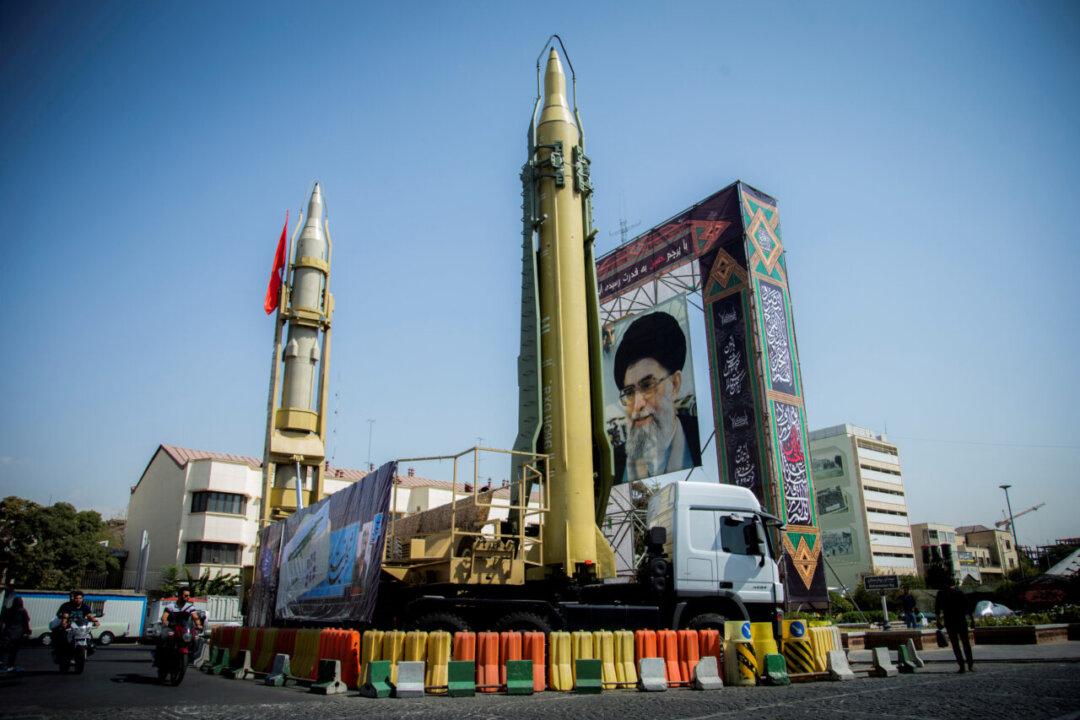Iran will no longer abide by the limits of the 2015 nuclear deal intended to curb its burgeoning nuclear program, according to a statement from the regime.
“The Islamic Republic of Iran will end its final limitations in the nuclear deal, meaning the limitation in the number of centrifuges,“ the statement reads. ”Therefore Iran’s nuclear program will have no limitations in production including enrichment capacity and percentage and number of enriched uranium and research and expansion.”





